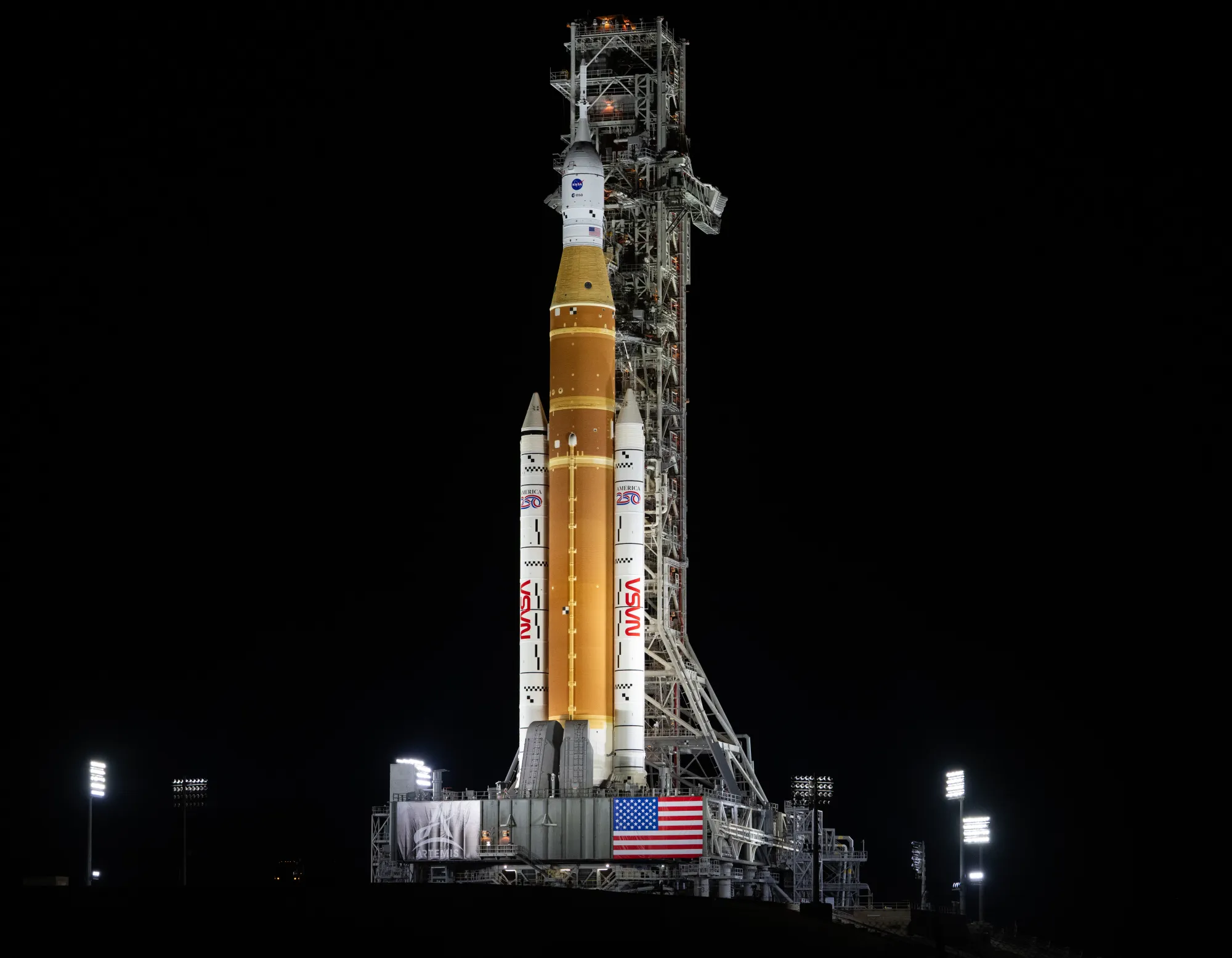Boeing advances autonomous flight capabilities in the UK

John E. Kaye

Boeing, a global leader in aerospace technology, has achieved a significant milestone in autonomous flight trials
The company successfully completed the second phase of testing for Uncrewed Aerial Vehicles (UAVs) in the United Kingdom. This achievement marks a crucial step toward enhancing military capabilities and shaping the future of autonomous collaborative platforms.
During the trials, Boeing deployed four fixed-wing Albatross UAVs. Their mission? To detect and jam a radio frequency emitted by an enemy target. Each UAV was equipped with advanced mission systems, including multispectral machine vision and novel search algorithms. These technologies allowed the UAVs to respond intelligently to their environment and collaborate seamlessly with each other.
Phase two of the trials introduced a game-changing capability: autonomous platform-to-platform teaming. This innovation enables the UAVs to work together effectively, extending their reach and improving target identification. By leveraging this technology, Boeing aims to create low-cost Air Launched Effects (ALEs) that can operate alongside crewed platforms.
As defense forces worldwide embrace autonomous and AI technologies, Boeing’s test program becomes pivotal. The successful completion of Phase 2 UAV testing demonstrates the feasibility of collaborative autonomous platforms. These platforms could play a crucial role in future defense operations, enhancing situational awareness, response times, and overall effectiveness.
Steve Burnell, managing director of Boeing Defence UK, emphasised the significance of these trials: “This innovative test program could be the cornerstone of future autonomous collaborative platforms in the UK.”
With a workforce of 4,000 and growing in the UK, Boeing remains committed to economic growth, sustainability, and community impact. The company’s contributions extend beyond technological advancements—they shape the future of aerospace and defense.
RECENT ARTICLES
-
 Lasers finally unlock mystery of Charles Darwin’s specimen jars
Lasers finally unlock mystery of Charles Darwin’s specimen jars -
 Strong ESG records help firms take R&D global, study finds
Strong ESG records help firms take R&D global, study finds -
 European Commission issues new cancer prevention guidance as EU records 2.7m cases in a year
European Commission issues new cancer prevention guidance as EU records 2.7m cases in a year -
 Artemis II set to carry astronauts around the Moon for first time in 50 years
Artemis II set to carry astronauts around the Moon for first time in 50 years -
 Meet the AI-powered robot that can sort, load and run your laundry on its own
Meet the AI-powered robot that can sort, load and run your laundry on its own -
 Wingsuit skydivers blast through world’s tallest hotel at 124mph in Dubai stunt
Wingsuit skydivers blast through world’s tallest hotel at 124mph in Dubai stunt -
 Centrum Air to launch first European route with Tashkent–Frankfurt flights
Centrum Air to launch first European route with Tashkent–Frankfurt flights -
 UK organisations still falling short on GDPR compliance, benchmark report finds
UK organisations still falling short on GDPR compliance, benchmark report finds -
 Stanley Johnson appears on Ugandan national television during visit highlighting wildlife and conservation ties
Stanley Johnson appears on Ugandan national television during visit highlighting wildlife and conservation ties -
 Anniversary marks first civilian voyage to Antarctica 60 years ago
Anniversary marks first civilian voyage to Antarctica 60 years ago -
 Etihad ranked world’s safest airline for 2026
Etihad ranked world’s safest airline for 2026 -
 Read it here: Asset Management Matters — new supplement out now
Read it here: Asset Management Matters — new supplement out now -
 Breakthroughs that change how we understand health, biology and risk: the new Science Matters supplement is out now
Breakthroughs that change how we understand health, biology and risk: the new Science Matters supplement is out now -
 The new Residence & Citizenship Planning supplement: out now
The new Residence & Citizenship Planning supplement: out now -
 Prague named Europe’s top student city in new comparative study
Prague named Europe’s top student city in new comparative study -
 BGG expands production footprint and backs microalgae as social media drives unprecedented boom in natural wellness
BGG expands production footprint and backs microalgae as social media drives unprecedented boom in natural wellness -
 The European Winter 2026 edition - out now
The European Winter 2026 edition - out now -
 Parliament invites cyber experts to give evidence on new UK cyber security bill
Parliament invites cyber experts to give evidence on new UK cyber security bill -
 EU sustainability rules drive digital compliance push in Uzbekistan ahead of export change
EU sustainability rules drive digital compliance push in Uzbekistan ahead of export change -
 AI boom triggers new wave of data-centre investment across Europe
AI boom triggers new wave of data-centre investment across Europe -
 Lammy travels to Washington as UK joins America’s 250th anniversary programme
Lammy travels to Washington as UK joins America’s 250th anniversary programme -
 China’s BYD overtakes Tesla as world’s largest electric car seller
China’s BYD overtakes Tesla as world’s largest electric car seller -
 FTSE 100 posts strongest annual gain since 2009 as London market faces IPO test
FTSE 100 posts strongest annual gain since 2009 as London market faces IPO test -
 Five of the biggest New Year’s Eve fireworks happening tonight — and where to watch them
Five of the biggest New Year’s Eve fireworks happening tonight — and where to watch them -
 UK education group signs agreement to operate UN training centre network hub
UK education group signs agreement to operate UN training centre network hub



























